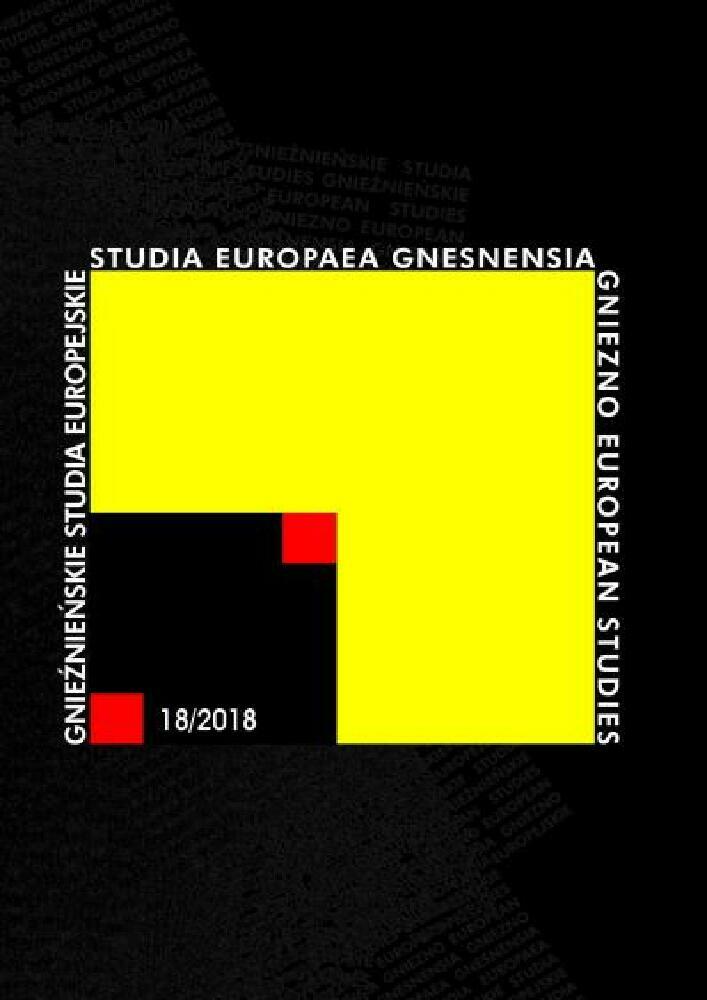Abstrakt
Kubati’s novel entitled „M”, in which there is no shortage of autobiographical
elements, draws on the experience of migration that the author partook in the early 1990s, having left his homeland for Italy. Where the story takes place is unspecified, though the reader is well aware that it is nowhere else but in Italy. The author takes advantage of his own, extensive knowledge and draws a very comprehensive picture of the migrant’s existential position in a foreign land. This paper, comprising two main parts, aims to analyze that position, striving to delineate the nature of the phenomenon of migration. The first part is devoted to the problems that a migrant is forced to confront. Being lost in a new space, the daily experience of dearth of financial means and acts of racism exacerbate the sense of inferiority and lack of belonging. The second part discusses the process of the migrant’s social integration. With time, the knowledge of the city becomes sufficient to move about with ease, while contacts with its native inhabitants are characterized by kindness and openness. The sojourn in a foreign country proves to be a positive experience, enabling the protagonist to achieve numerous goals and entertain an optimistic outlook on the future.
Bibliografia
Bregola D. 2002, Da qui verso casa, Roma.
Boldis V. 2006, Da solo nella fossa comune, Bologna.
Buonanno F. 2016, La percezione della città nella letteratura italiana della migrazione, Études romanes de Brno, pp. 17-30.
Coman I.B. 2015, Badante pentru totdeauna. Badante per sempre, Milano.
Coman I.B. 2010, Per chi crescono le rose, Milano.
Di Gianvito S. 2015, In balia delle dimore ignote. Saggi su Gëzim Hajdari, Nardò.
Dones E. 2007, Vergine giurata, Milano.
Gangbo J. 2005, Com è se giù vuol dire ko, AaVv, Italiani per vocazione Fiesole, pp. 137-186.
Gazzoni A. 2010, Poesia dell’esilio. Saggi su Gëzim Hajdari, Isernia.
Hajdari G. 2005, Il poema dell’esilio, Santarcangelo di Romagna.
Kristeva J. 2007, Potęga obrzydzenia. Esej o wstręcie, Kraków.
Kubati R. 2016, La vita dell’eroe, Nardò.
Kubati R. 2005, Alla ricerca dell’altrimenti „Va e non torna” e „M”, [in:] A. Gnisci (ed.), Allattati dalla lupa. Scritture migranti, Roma, pp. 49-65.
Kubati R. 2002, M, Nardò.
Kubati R. 2000, Va e non torna, Nardò.
Levani D. 2016, Toringrad, Santa Maria Capua Vetere.
Mauceri M.C., Negro M. G. 2009, Nuovo Immaginario Italiano, Roma.
Mengozzi C. 2012, Scena interlocutoria e paradigma giudiziario nelle scritture italiane della migrazione, Between, pp. 1-22.
Mengozzi C. 2008, Città e modernità: nuovi scenari urbani nell’immaginario della letteratura italiana della migrazione, [in:] C. Gurreri, A.
Jacopino, A. Quonadam (ed.), Moderno e modernità: la letteratura italiana, Roma, pp. 1-9.
Said E. 2000, Out of place, New York.
Said E. 2008, Nel segno dell’esilio. Riflessioni, letture e altri saggi, Milano.
Sorina M. 2006, Voglio un marito italiano. Dall’est per amore?, Vicenza.
Spanjolli A. 2012, I nipoti di Scanderbeg, Nardò.
Spanjolli A. 2011, La sposa rapita, Nardò.
Spanjolli A. 2006, La Teqja, Nardò.
Wright S. 2003-2004, „Va e non torna” e „M”, ovvero la poetica dell’altrove e dell’altrimenti nei romanzi di Ron Kubati, NEMLA Italian Studies, pp. 113-133.

